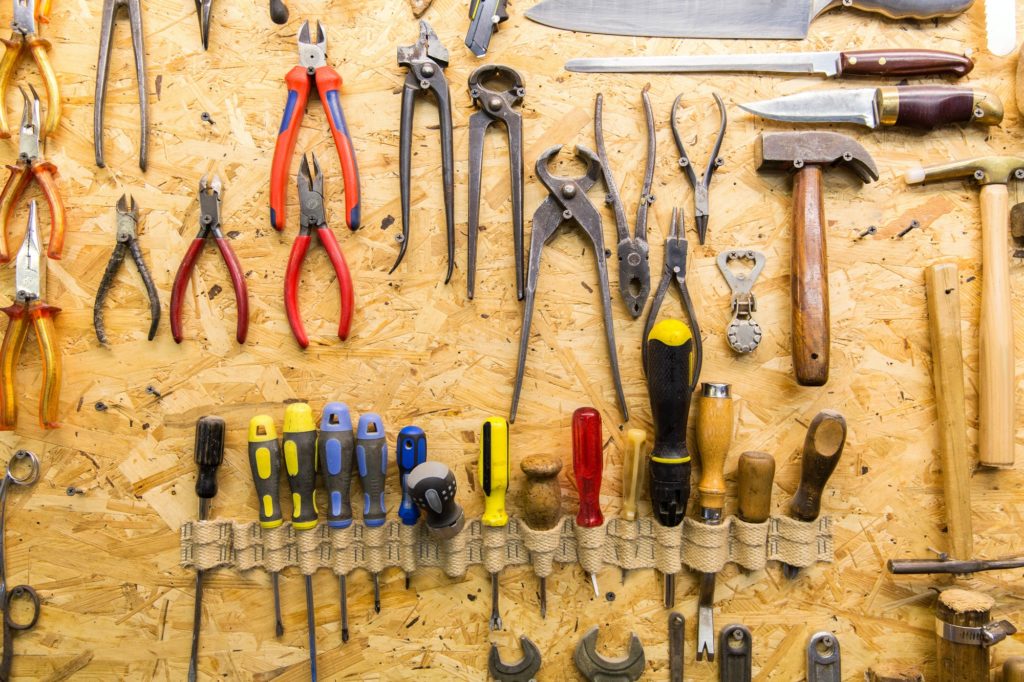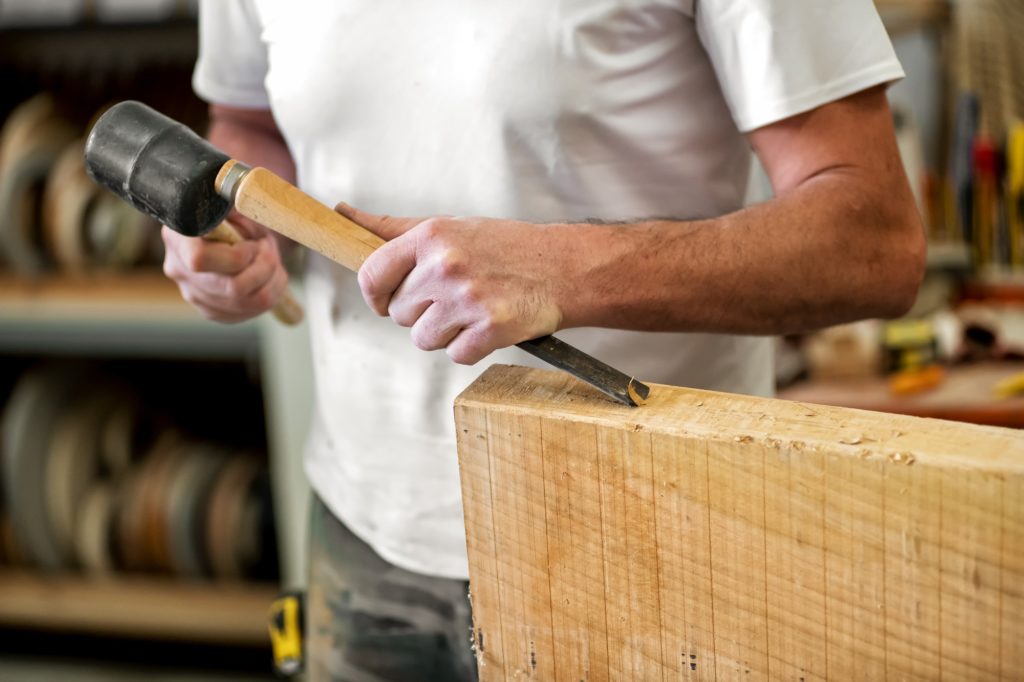This post is a guest submission. Please see our Disclaimer, Disclosures, & Affiliate Notice for details.
There may very well be quite a lot of reasons why you might be considering looking into woodworking as a hobby or pastime. You may possibly have a number of small woodworking projects that require attention in your home and finally decided that you want to have a go at doing the work yourself. Or maybe you have just been searching for a hobby and came to the decision that a DIY woodworking project would be just the thing. No matter what the reason, I’m happy you’re here now. Woodworking is just so good for you in so many ways.
There are nevertheless quite a few questions that you might like to have answered before you embark on your first woodworking project. Does it cost a lot of money to start DIY woodworking? The honest answer quite simply is that you can spend as little or as much as you have the desire to spend. Initially, you need to consider how much time you will devote to your new pastime each week.
If it is your intention to undertake small woodworking projects on an occasional basis it’s extremely unlikely that you’d want to invest a huge amount of your hard-earned cash. If you have a vast amount of spare time at your disposal and believe that you are likely to spend a substantial amount of time doing DIY woodworking then you might be more inclined to spend considerably more on setting up your workshop.
At least some monetary outlay will be required even if you are merely thinking about doing small woodworking projects.

What are the tools I need to purchase?
To a very large degree, the sort of project you are going to be taking on will dictate what tools you’ll need. As a novice, you are probably better off starting off with a fairly small project. If you are going to do reasonably straightforward projects then you will require fewer tools in order to get started.
Many small woodworking jobs can be completed quite successfully with hand tools. You are going to need basic items such as screwdrivers, a saw, hammer, tape measure etc. to get you started; however, even for small projects, it’s very possible that you may also require extra tools –again, it all depends on what you’ll be constructing.
You will utilize the tools you buy on the vast majority of your future projects and they will last for a number of years. It is always recommended to buy good-quality tools if you can afford to.
Is it necessary to buy power tools?
You do not have to buy power tools when you first set out doing DIY woodworking but they will definitely make some of the processes involved simpler. Power tools will, however, very often produce far better results than their hand-operated equivalents. The first woodworking power tool that most people purchase is an electric drill (or battery-operated). Making holes using an electric drill is easier and quicker than using a hand drill and I would certainly recommend that you purchase one if at all possible.
Lots of people also have a great deal of difficulty using a hand saw. If you invest in an electric circular saw you will be able to make accurate cuts quickly and easily. Miter saws and portable/hybrid table saws can also be purchased and are an extremely good investment if you have the need for them.
Power tools can, of course, be bought as and when you have a need for them.

Does it take a long time to learn DIY woodworking?
Like with most things, there is a learning curve, but the basics of joinery are fairly straightforward. Some people will master the techniques very swiftly and others will take longer it all depends on how passionate you are about it. You are very likely to be able to grasp the techniques needed to complete small woodworking projects within a few hours. You will find that once you understand how to perform the tasks that are involved, you will come to enjoy the ease of each project more and more as time passes.
Conclusion
Something to remember at first is that, if you are a beginner, it is better to start working with easier plans, where you’ll be able to use gear that can operate manually, from the beginning up to the very end of the project.
This will gradually get you used to handling basic woodworking equipment before moving to more complicated (and often more dangerous) gear. It is important for your own safety that you learn how to look after your hands and eyes before you start working with heavier tools.
Have a look online and see what you can find out there. You are going to almost definitely find excellent information on woodworking for beginners. Often, the same website gives you quality tools as well, like design software for woodworkers, which will become handy if you need to start designing your own projects or just revise pre-existing ones. With software like this, it is possible for you to to create your own furniture and other wooden objects or even your very personal package to sell to other woodworkers. Sounds like a lot of fun if you ask me!
Alex is a firewood cutting fan and a chainsaw expert. He owns a ranch in Montana where he lives with his wife and two sons. He is a tech cowboy who enjoys writing his blog ElectroSawHQ.


